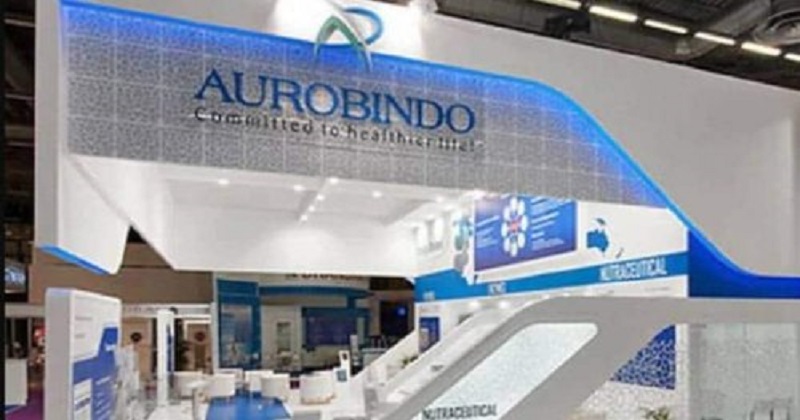
The second-largest pharmaceutical company in India, Aurobindo Pharma (APL), is revamping its strategy around the China business after a decade of opting to sell its Chinese manufacturing division to Sinopharm group.
The two-pronged plan entails transferring from India to China over a few dozen completed pharmaceutical formulations to be made at the newly built facility in China on the one hand, and drastically lowering the overdependence on raw material imports from China on the other.
Along with serving the demands of the Chinese market, the Chinese oral formulation production plant will also serve rising markets in Europe.
Due to the company’s substantial reliance on the Chinese market for the import of key starting materials (KSMs), intermediates, and active pharmaceutical ingredients, Aurobindo Pharma, which expects revenues of Rs 23,455 crores in the fiscal year ending in March 2022, has identified risks related to supply chain disruptions during the Covid-19 pandemic.
The pharmaceutical company with its headquarters in Hyderabad now imports around 55% of the raw materials needed for APIs and excipients from China. About 7% of the remaining amount is obtained from different nations, and 38% of the raw materials are obtained from different local market participants.
Aurobindo Pharma has started to buy more raw materials from Indian suppliers in an effort to reduce the risk of supply interruptions from China.
With an estimated expenditure of Rs 1,900 crore, Aurobindo Pharma is constructing a sizable manufacturing plant across 110 acres in Kakinada, Andhra Pradesh, to produce Penicillin-G and its derivatives. The projected 15,000 tonnes of Penicillin-G project is a component of the production liked incentive (PLI) programme for several KSMs and raw materials run by the Indian government.
‘We have commenced civil works at the Kakinada manufacturing facility for Penicillin-G products and expect to commence manufacturing operations by early 2024. Penicillin-G and its derivatives are currently manufactured mostly in China and Europe and the world depends largely on China’, vice-chairman and managing director K. Nityananda Reddy said.
Aurobindo (Datong) BioPharma Co Ltd, a former Chinese subsidiary of Aurobindo Pharma, produced 6APA, a Penicillin-G derivative that was primarily used by the firm in India.
Aurobindo Pharma has chosen to move 30 of its completed pharmaceutical formulations from India to China, where its oral formulations plant started commercial production in January, as part of the two-pronged approach.
The business has already received permission for two of the 30 proposed items and anticipates receiving approvals for another 10 to 15 this year. The business hopes to achieve about 40 goods in China by transferring a few products from the European facilities.
‘If we are successful in realising our (China) plans, then there should be significant accretion to both our topline and bottom-line spreads’, said Nityananda Reddy in a communique to shareholders through the latest annual report. The predicted increase in China’s pharmaceutical spending from $169.4 billion in 2021 to around $200 billion by 2026.

Post Your Comments